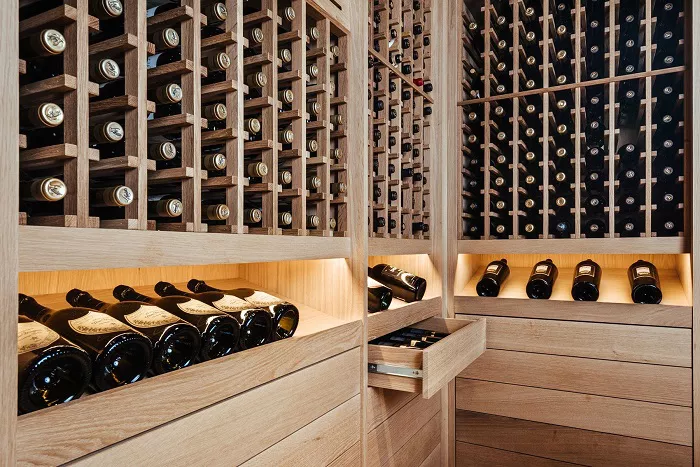The Wine and Spirit Trade Association (WSTA) has cautiously welcomed the UK-EU trade reset, viewing it as a positive step toward improving cross-border relations and easing logistical challenges. However, industry leaders have emphasized the need for clarity and detailed legal texts before the sector can fully assess the implications.
Miles Beale, chief executive of the WSTA, described the reset as “great news” for the industry, particularly in the context of the UK’s heavy reliance on wine imports, which account for 99% of all wine consumed domestically. Nonetheless, Beale underscored the importance of ensuring that any new rules and obligations align with the realities of the UK market.
Speaking at the London Wine Fair, prior to the official announcement, Beale tempered expectations, noting that the reset would not be “a panacea” nor a return to previous arrangements such as the customs union or single market. “Since 2016 everything has been getting worse, sometimes faster, sometimes slower, but I think today will be the first example of something where things are improving,” he said.
Simon Stannard, director of policy at the WSTA, echoed Beale’s cautious optimism during a briefing at the fair. He highlighted that improved procedures for categories such as live animals and perishable goods could pave the way for smoother wine imports as well. “Hopefully there will be an easier movement of goods between the EU and the UK,” he noted.
Stannard also acknowledged recent setbacks, including stalled efforts to modernize the UK customs system. However, he expressed hope that the newly established Sanitary and Phytosanitary (SPS) agreement would lead to more streamlined checks and quicker movement of goods. He pointed to signals from the Treasury suggesting a shift toward more simplified, digital procedures, which could support the wine trade in the long term.
“There will be some movement on that,” Stannard said. “But we’ve had practice retaining—and absorbing—the cost of change.”
David Richardson, director of regulatory and commercial affairs, noted that the development of border processes had been inconsistent, with wine often deprioritized behind categories like live animals and frozen foods. He suggested that the new arrangements could ease these bottlenecks. “It means the traffic jam in front of your wine might become quicker,” he said.
Despite the optimism, Richardson warned that full details could take weeks to emerge and that the implementation process would be gradual. “There’s a bit of a cost of change and retraining teams to deal with that,” he remarked, adding wryly that reaching a new status quo might not occur until 2028. “It’s interesting that nobody from HMRC disagrees with me,” he concluded.
You Might Be Interested In:


